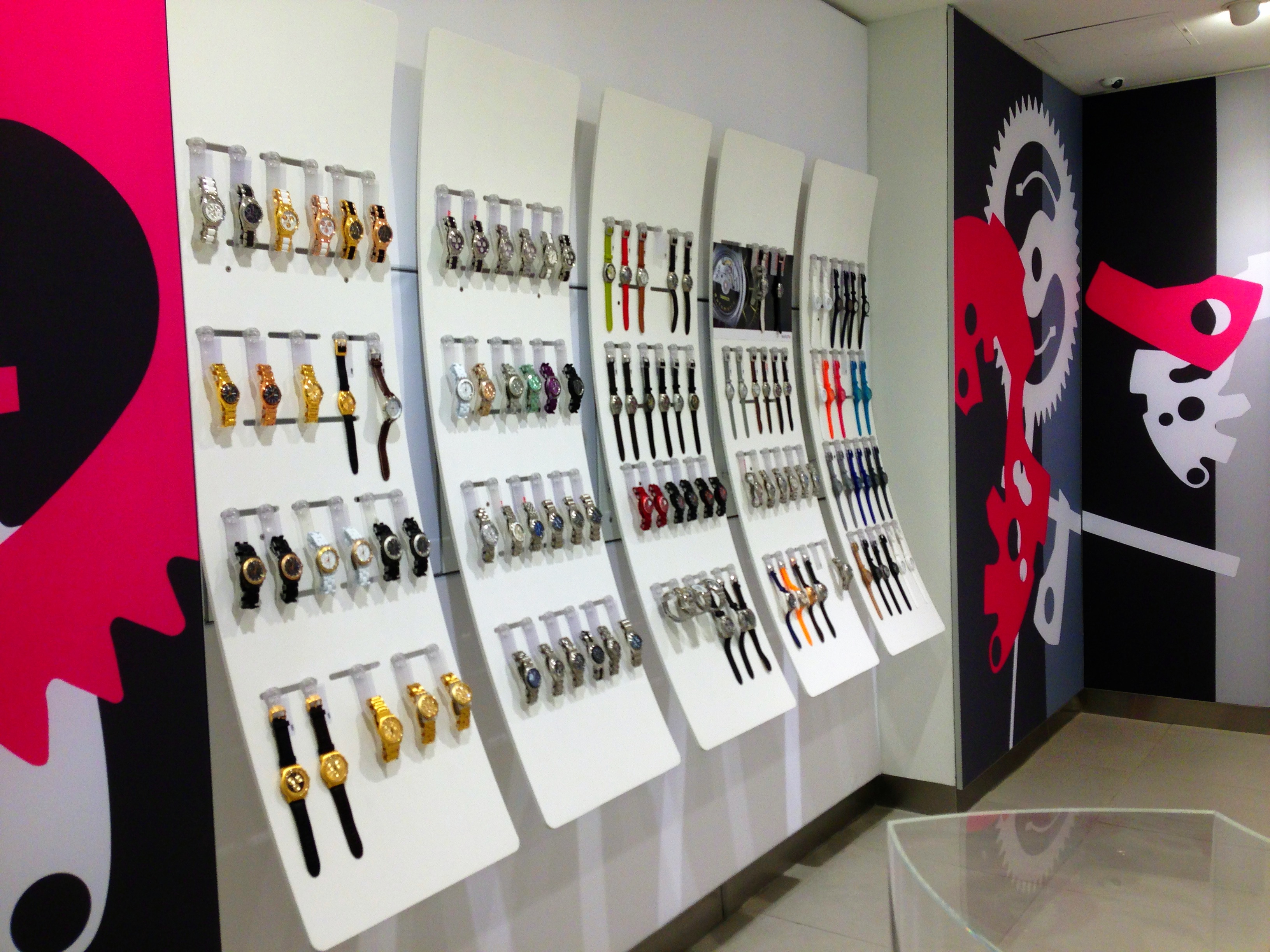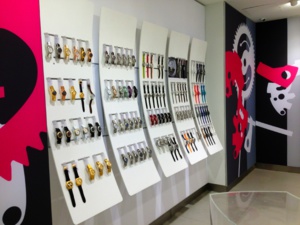Today, the world's largest in terms of revenue watchmaker Swiss company Swatch introduced the model Swatch Bellamy in Shanghai. The name of the model was chosen after the name of American writer Edward Bellamy, who first came up with the idea of credit cards. The watch is embedded microprocessor, which allows paying for goods and services in shops, thereby turning the device in a credit card. The model’s price is only 580 yuan ($ 91), the sales start on January 2016 in Bocom and Swatch stores in China. Later, the device is planned to be brought into Swiss and the US markets as well.
Swatch Group had already reported the planned release of "smart" watches in March. However, the Swiss company’s view on a "smart" watch is different from opinion of other manufacturers, such as Apple, Samsung Electronics and Motorola. Swatch Group immediately set out to integrate new technologies into existing models of watches, rather than develop new models. Then, in March, the company reported that the two main areas of working on "smart" watches will be Near Field Communications (NFC), allowing to carry out contactless payments or open electronic locks, and Bluetooth technology. Presented in Shanghai Swatch Bellamy model is the epitome of the use of NFC technology.
To launch the Swatch Bellamy in China, the Swiss company has joined forces with the state payment system China UnionPay and state bank Bank of Communications. Unlike other "smart" watches, for example, Apple, Swatch Bellamy have no connection to the Internet or mobile devices. However, iWatch, with which you can also pay for purchases, have no connection to the payment system UnionPay and cannot effectively compete with Swatch on the market of mobile payments in China. It is worth nothing that this market in 2014, according to the Central Bank of China, had increased by 134% and reached 22.6 trillion yuan ($ 3.6 trillion).
source: bllomberg.com
Swatch Group had already reported the planned release of "smart" watches in March. However, the Swiss company’s view on a "smart" watch is different from opinion of other manufacturers, such as Apple, Samsung Electronics and Motorola. Swatch Group immediately set out to integrate new technologies into existing models of watches, rather than develop new models. Then, in March, the company reported that the two main areas of working on "smart" watches will be Near Field Communications (NFC), allowing to carry out contactless payments or open electronic locks, and Bluetooth technology. Presented in Shanghai Swatch Bellamy model is the epitome of the use of NFC technology.
To launch the Swatch Bellamy in China, the Swiss company has joined forces with the state payment system China UnionPay and state bank Bank of Communications. Unlike other "smart" watches, for example, Apple, Swatch Bellamy have no connection to the Internet or mobile devices. However, iWatch, with which you can also pay for purchases, have no connection to the payment system UnionPay and cannot effectively compete with Swatch on the market of mobile payments in China. It is worth nothing that this market in 2014, according to the Central Bank of China, had increased by 134% and reached 22.6 trillion yuan ($ 3.6 trillion).
source: bllomberg.com






